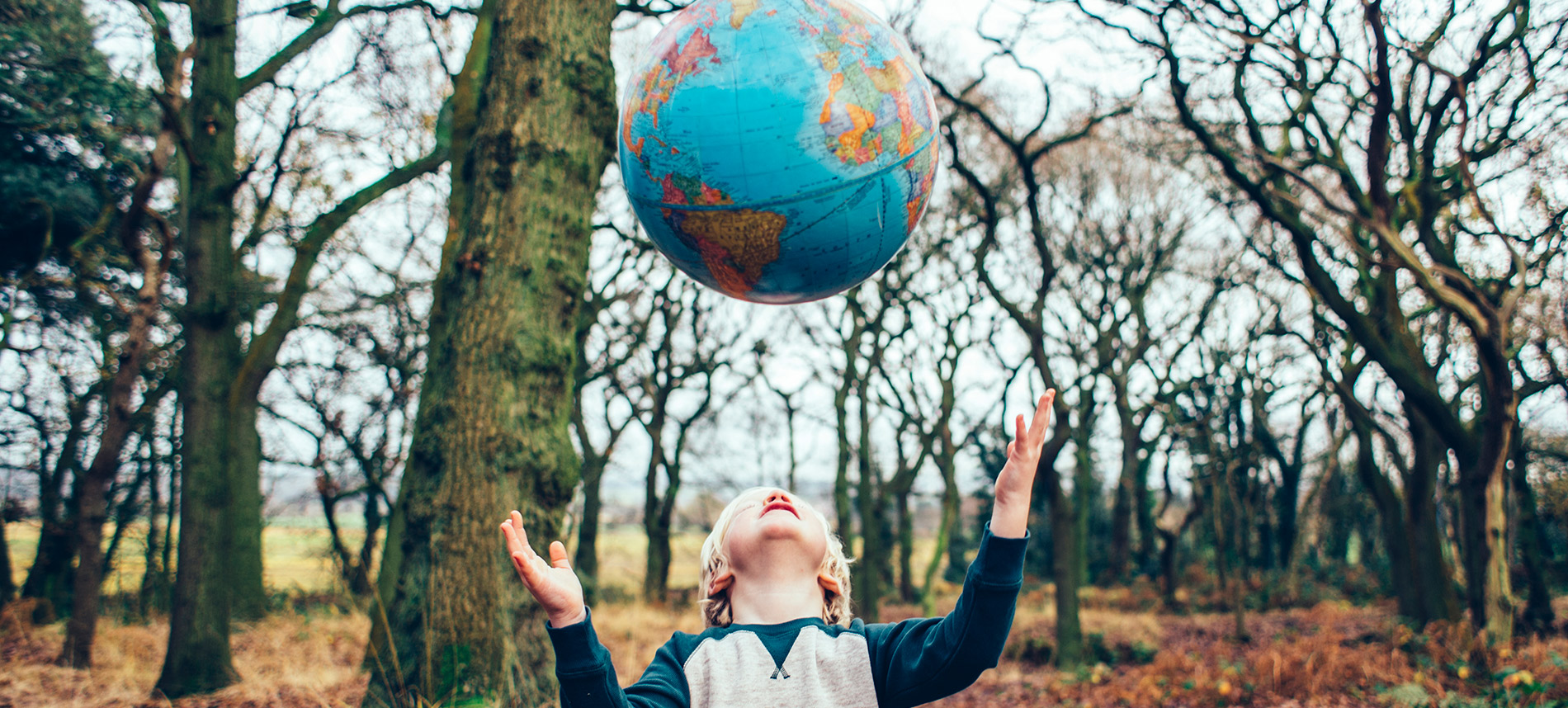Here at Creature & Co., we know that kids care passionately about the planet – because they tell us about it almost daily. Our National Geographic Kids postbag and email inbox are bursting with messages from young readers telling us how much they love wildlife and the environment – and the plans they have to help fight climate change and protect endangered species.
Children are excited about life and are eager to ask lots of questions. They have vivid imaginations and are thirsty for facts, desperate to be amazed by our planet’s incredible creatures – often the weirder and wackier the better!
So when children learn about humans destroying orangutans’ homes, or plastic waste choking our oceans, what do they think? They see an injustice in the world that needs fixing. Simple.
Researchers have long known that kids view the world in a different way to adults. A study by the University of Edinburgh and University of California* found that children may be more open-minded thinkers than adults. When it comes to problem-solving, kids are more likely to explore a wide range of possible solutions, even those that seem far-fetched.
Teenage eco-activist, Greta Thunberg – who has inspired a global climate revolution – credits her autism with helping her to see the world in black and white. And, as she puts it, “There are no grey areas when it comes to climate change.”
eco-anxiety.”
Kids are exploratory and imaginative in their thinking, unclouded by the preconceptions and hesitations of adults. But their sponge-like imaginations can also make them vulnerable to eco-anxiety. Researchers at the University of Colorado** found that four out of five children aged 10-12 expressed strong feelings of fear, sadness and anger about environmental problems. The majority of those questioned had an apocalyptic pessimism about the planet’s future. And so it’s clear that our job as parents, business leaders and the media is an urgent one – to help allay their fears and give these kids hope. We need to help children develop positive images of the future that allow them to identify priorities, both local and global, in the fight against climate change and species extinction.
A recent survey, conducted by the National Geographic Society and Ipsos, polled 12,000 adults from 12 countries around the world. It revealed overwhelming support for conservation. But children are, I would suggest, even more passionate about the need to protect the planet. From Greta’s inspiring School Strike For Climate initiative to Amy and Ella Meek, the British teens who founded Kids Against Plastic!, young people are taking the lead and empowering their peers to conserve the planet. Kids are leading the way, becoming positive role models for millions of other youngsters to follow.
The letters we receive here at National Geographic Kids from children who have been inspired to get involved in conservation work, beach clean-ups, climate protests and school strikes are a testament to that; their pictures, posters and poems are immensely humbling.
How do kids perceive the planet? They see a wonderful world that’s worth saving, a world that’s bursting with amazing animals, places and different cultures. We the media, brands and adults in general must encourage and support kids’ passion for the planet, helping them feel more in control, more hopeful and more resilient – because children are our planet’s future.

at Creature & Co.

